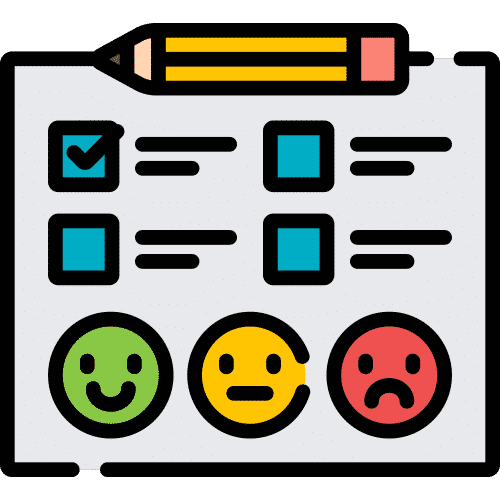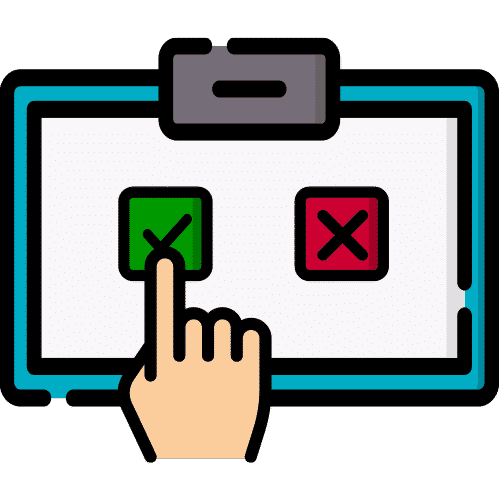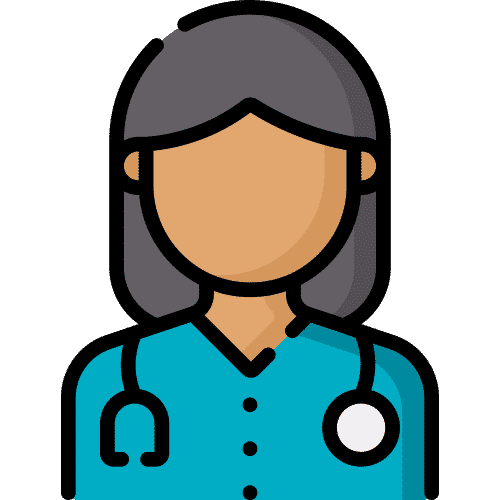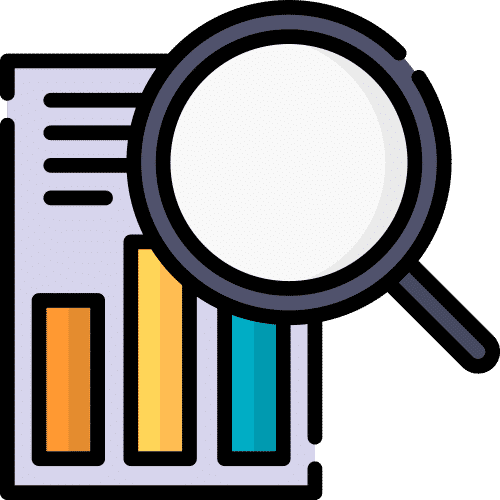Other Downloadables For Your Trial

Lingraphica Can Help
Lingraphica offers free one-on-one consultations for SLPs who have someone on caseload who might be a good fit for an AAC device but aren’t entirely sure where to start. Call us at 866-570-8775 or visit the link below to get started.





